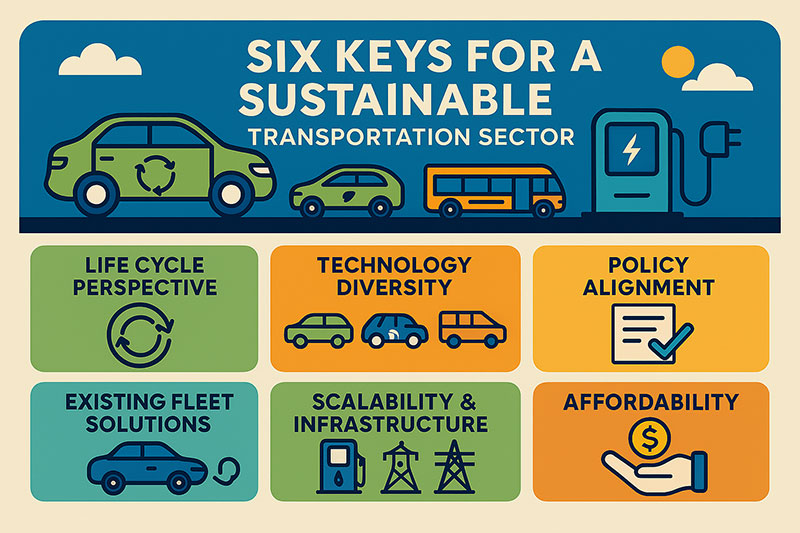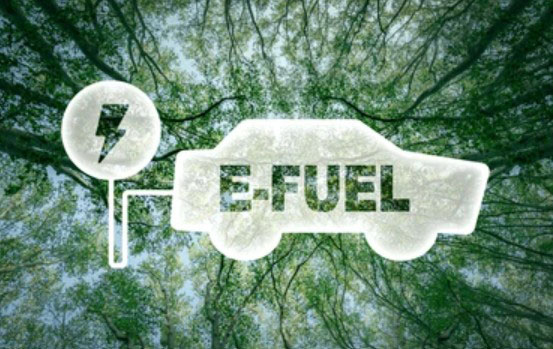August 14, 2017
The Transportation Energy Institute’s University Case Competition, sponsored by Mansfield Energy, Flint Hills Resources, Nissan North America, Phillips 66, and Andeavor, asked each team to create a plan for introducing a new fuel (non-specific source of energy) and light-duty vehicle configuration into the market. Teams were asked to consider the relationship between vehicle introduction and fuel availability, how the roll-out should be coordinated, the timing of introduction, length of time to reach equilibrium between vehicle sales and energy availability, the appropriate role for each stakeholder in the process, and an evaluation of the retailer and consumer experience.
“The introduction of autonomous vehicles using liquefied natural gas (LNG) would present a unique solution to overcome [the] hurdles [of introducing a new fuel technology],” noted Mary Fay, of Georgetown University. “Because LNG production and its infrastructure are established and projected to continue to grow, and because autonomous vehicle technology and plans to introduce fleets of autonomous vehicles are being rapidly developed, this ‘chicken and the egg issue’ is significantly diminished.”
Georgetown’s team also evaluated the impracticalities of using liquefied natural gas for the current light-duty vehicle market when deciding to incorporate it into their proposal. They concluded that using the fuel in autonomous vehicle fleets will eliminate current barriers including consumer education and refueling and adoption barriers because “autonomous vehicle fleets will reshape the market and eliminate these barriers.”
“This competition showcases the ideas and possibilities for enhancing our transportation and fueling resources for a more efficient and viable future,” said Transportation Energy Institute Executive Director John Eichberger.
The three finalists, Georgetown University, McDonough School of Business, The University of Utah, and Clemson University, and, were chosen from a dozen teams of three or more students from schools around the country that registered for the competition. The finalists were flown out to Denver to present their cases and field Q&A from more than 100 professionals in the fuels and vehicles industries, who then selected a winner. Georgetown University, McDonough School of Business won $5,000; the second place team, The University of Utah, won $2,500; and the third place team, Clemson University, won $1,000. The finalists and two honorable mention submissions have been published by the Transportation Energy Institute. The report can be downloaded for free by clicking here.
In addition to the student competition, the Transportation Energy Institute, founded by the National Association of Convenience Stores (NACS) in 2013, commissions and publishes comprehensive, fact-based research projects that address the issues identified by the affected stakeholders. These projects will help to inform both business owners considering long-term investment decisions and policymakers considering legislation and regulations affecting the market.




